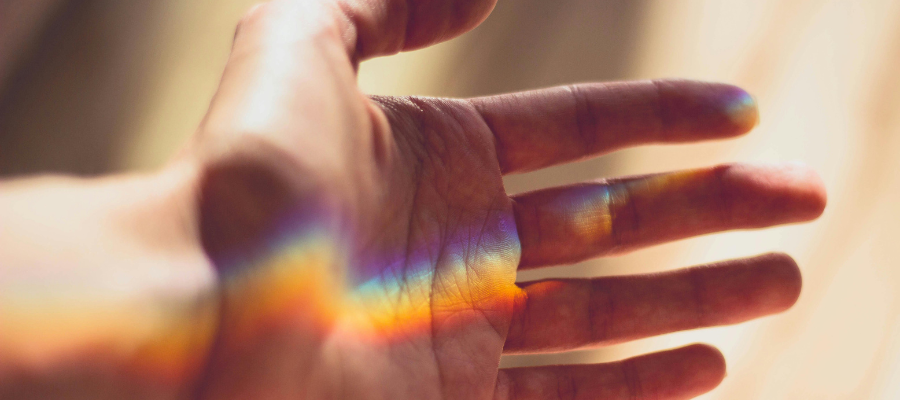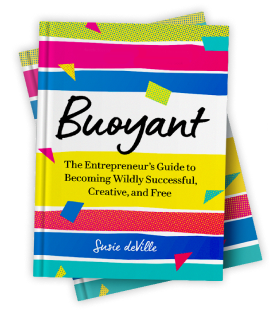You owe yourself the release of noticing more—paying attention will free you to feel it all, to immerse yourself in your own world.
Life is a garden, not a road. We enter and exit through the same gate.
Wandering, where we go matters less than what we notice.
— Kurt Vonnegut
I used to barrel through a day (life) like a bull seeing red.
Driven by the omnipresent mantra coded into my DNA from birth—“You need to do more, be more”—I raced from task to task, desperate to fulfill orders that piled up on my cook’s counter.
Battling Disconnection
This whipping-myself-forward served many purposes.
I got to check the box next to Good Girl. My To Do lists were long and tidy and offered refuge from feeling or accessing what I truly thought. I could hold up to the world the Things I’ve Crossed Off as evidence that I deserved to take up oxygen and space on planet Earth.
From the outside, it looked impressive. Doing more never equaled peace, though.
I felt perpetually behind and disconnected from myself and every living thing. I was an astronaut caught outside the mother ship, tethered and being drug through time and space, unable to gain access to the colors of vitality, agency, and joy.
As I share in my book, Buoyant, I stumbled upon the healing art of paying attention when I sat down to do a simple sketch. A piece of paper, a pencil, and three peaches began to bring me back to the peace of the present moment and slowly resuscitated me to consciousness. To beauty. To awe.
Developing a Love of Paying Attention
When life feels overwhelming, our senses go numb. We stop noticing the small moments that make life rich. The art of paying attention—of deeply noticing—can bring us back to ourselves, grounding us in the present and helping us rediscover a sense of wonder and calm.
Wherever we are, the world is speaking to us.
The way morning sunlight bounces off facades, the rhythm of footsteps on a bustling sidewalk, the scent of fresh coffee drifting from a neighborhood café—these details shape our perception of daily life.
But to experience them, we must slow down and observe with intention.
Noticing doesn’t require us to travel to an exotic location; it’s a skill we can cultivate with curiosity in the most ordinary moments.
Set aside distractions, slow your pace, and engage all your senses. Listen to the layers of sound around you and observe the subtle shifts in light and color.
Who are the people around you? What are they doing? What small, seemingly insignificant moments make this place unique? A child laughing as she skips along while holding her father’s hand, the chatter of baristas behind a counter, the intricate patterns in a sidewalk’s cracks—these are the details that create lasting impressions.

Photo by Susie deVille. Early light in Venice.
If you’re feeling burnt out, the answer isn’t doing more—it’s noticing more. When we pay attention, we remind ourselves that beauty exists in even the most ordinary spaces.
The art of paying attention transforms life from a series of routines into an immersive, meaningful experience. The more we practice noticing, the richer our everyday moments become—not just in distant lands, but in the familiar corners of our own neighborhoods, and in the quiet spaces of our own hearts.










